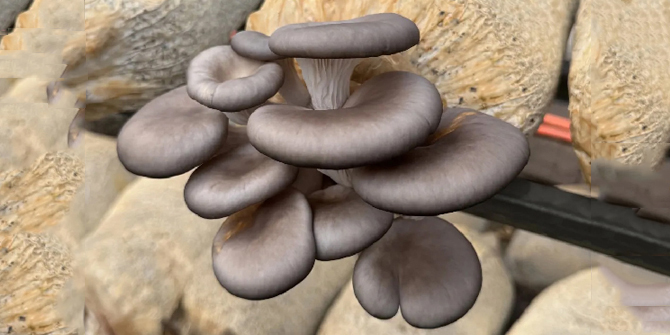Waste Utilization for Sustainable Oyster Mushroom Cultivation

When discussing sustainable development paths for oyster mushroom cultivation, using agricultural waste as the core substrate is undoubtedly an innovative response to the global demand for environmental protection and resource recycling. This trend aligns with the current societal pursuit of a green, low-carbon lifestyle and signals a promising shift towards more efficient and environmentally friendly agriculture.
With ongoing advancements in agricultural technology and growing awareness of environmental sustainability, the use of agricultural waste such as straw, corn stover, and coffee grounds as substrates for oyster mushroom cultivation is becoming increasingly common. These waste materials, once considered burdensome to the environment, can be transformed through scientific processing into valuable resources for mushroom growth. Oyster mushrooms are particularly adept at breaking down organic waste, efficiently utilizing the nutrients within these materials to grow rapidly and produce high-quality edible mushrooms. This process transforms waste directly into food, significantly reducing environmental pollution and improving resource utilization.
In the long run, this cultivation model holds significant value. Firstly, it promotes the resourceful use of agricultural waste, offering effective ways to reduce environmental pollution and alleviate pressure on land resources. Secondly, by increasing farmers' economic returns, it encourages their participation in environmental protection and sustainable agriculture, helping to create a positive feedback loop in agricultural production. Additionally, this green and ecological growing method enhances the market competitiveness of agricultural products, catering to consumer demand for healthy, safe, and environmentally friendly food, thus promoting the upgrading and sustainable development of the agricultural industry.
Looking ahead, as scientific advancements continue and environmental awareness grows, the model of using waste for oyster mushroom cultivation is likely to be further optimized and promoted. By improving waste processing techniques, enhancing mushroom quality, and developing diverse product forms and market channels, this approach can bring tangible benefits to more regions and farmers, promoting the widespread adoption of a circular economy and sustainable agriculture globally. Therefore, we have good reason to believe that using waste to cultivate oyster mushrooms is not only a short-term environmental initiative but also a vital long-term pathway for advancing sustainable agricultural development.

(1)(1).jpg)
 CONTACT
CONTACT